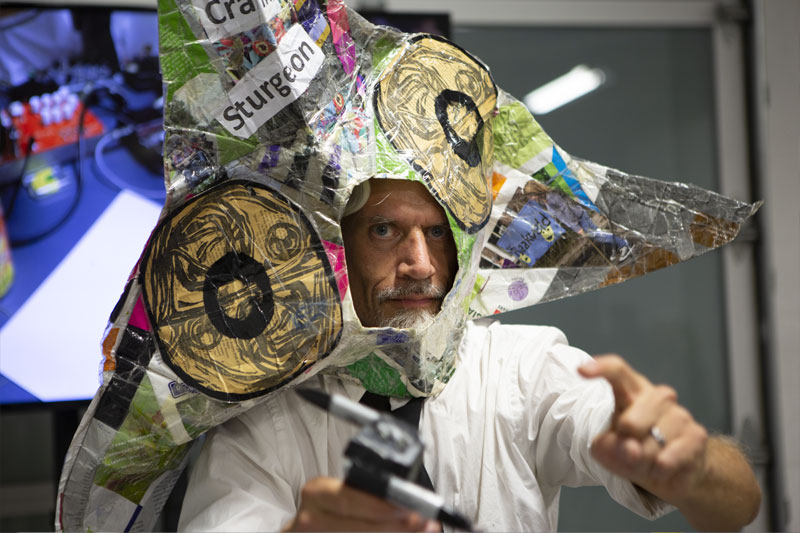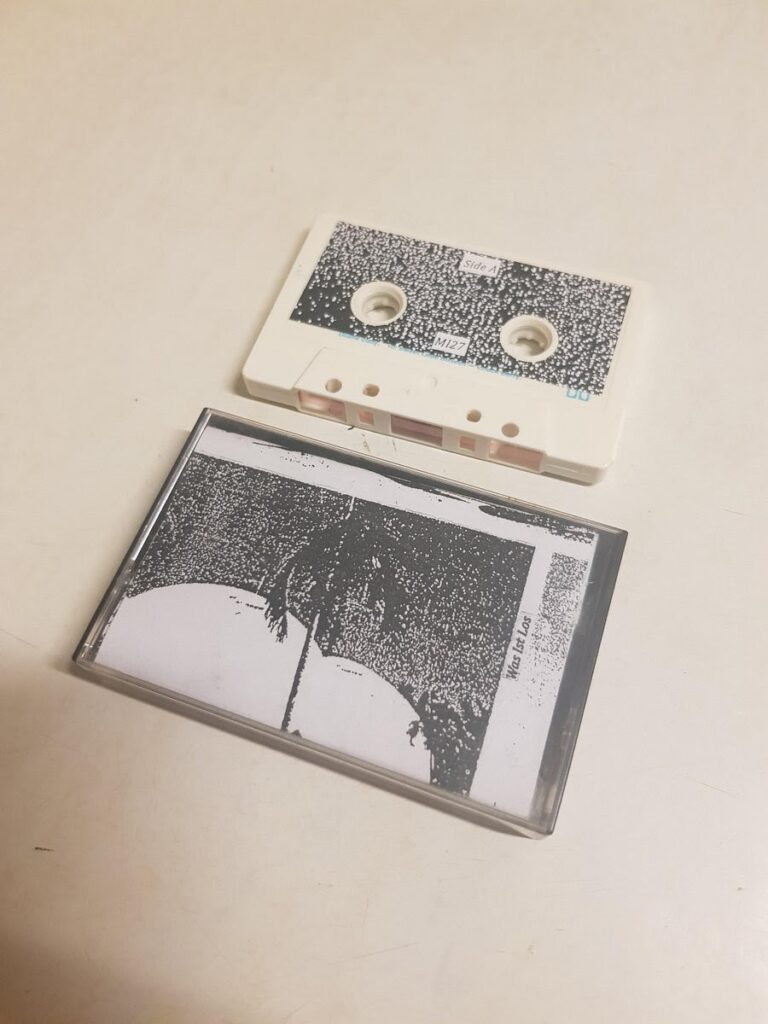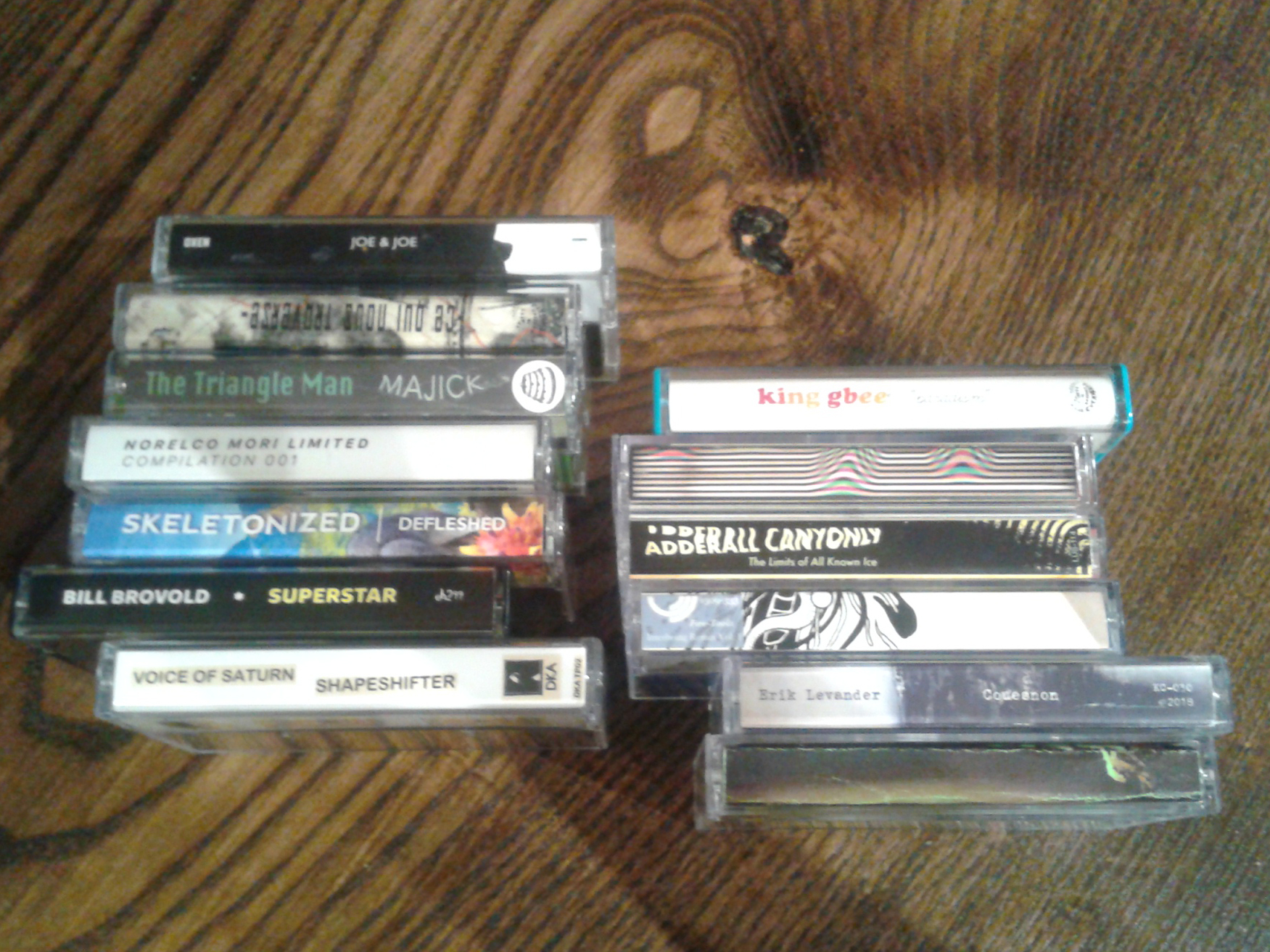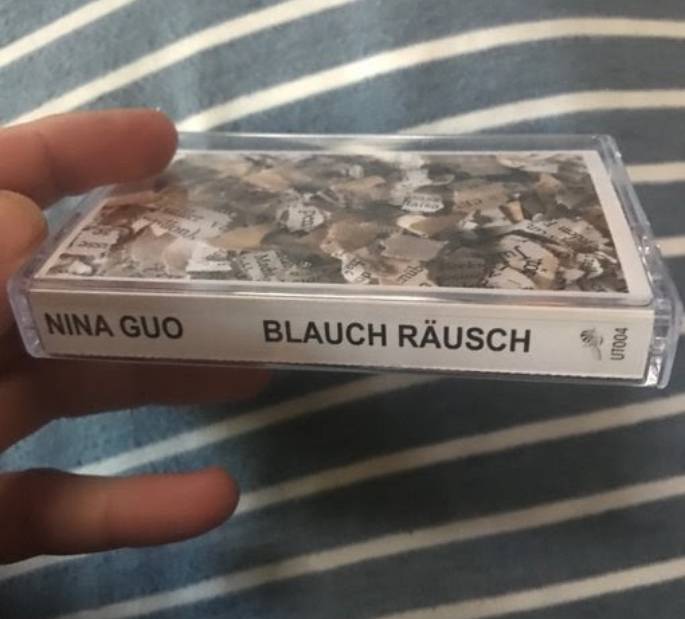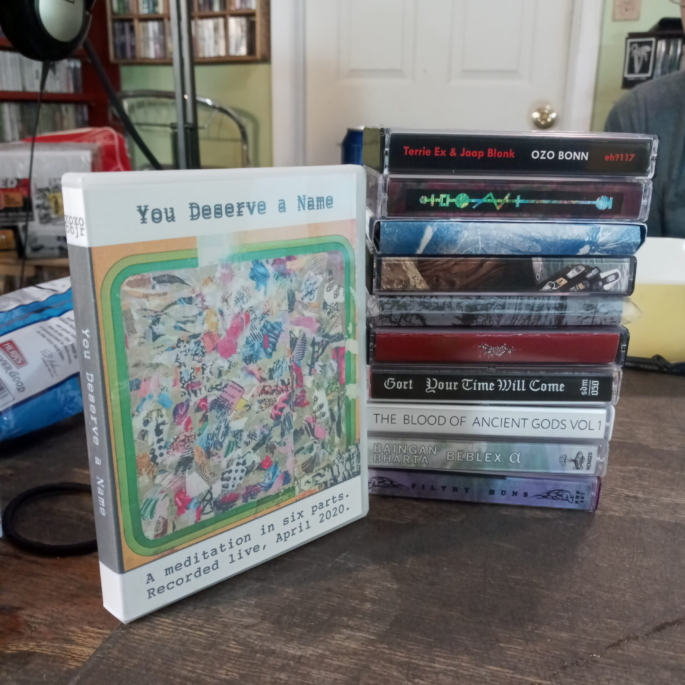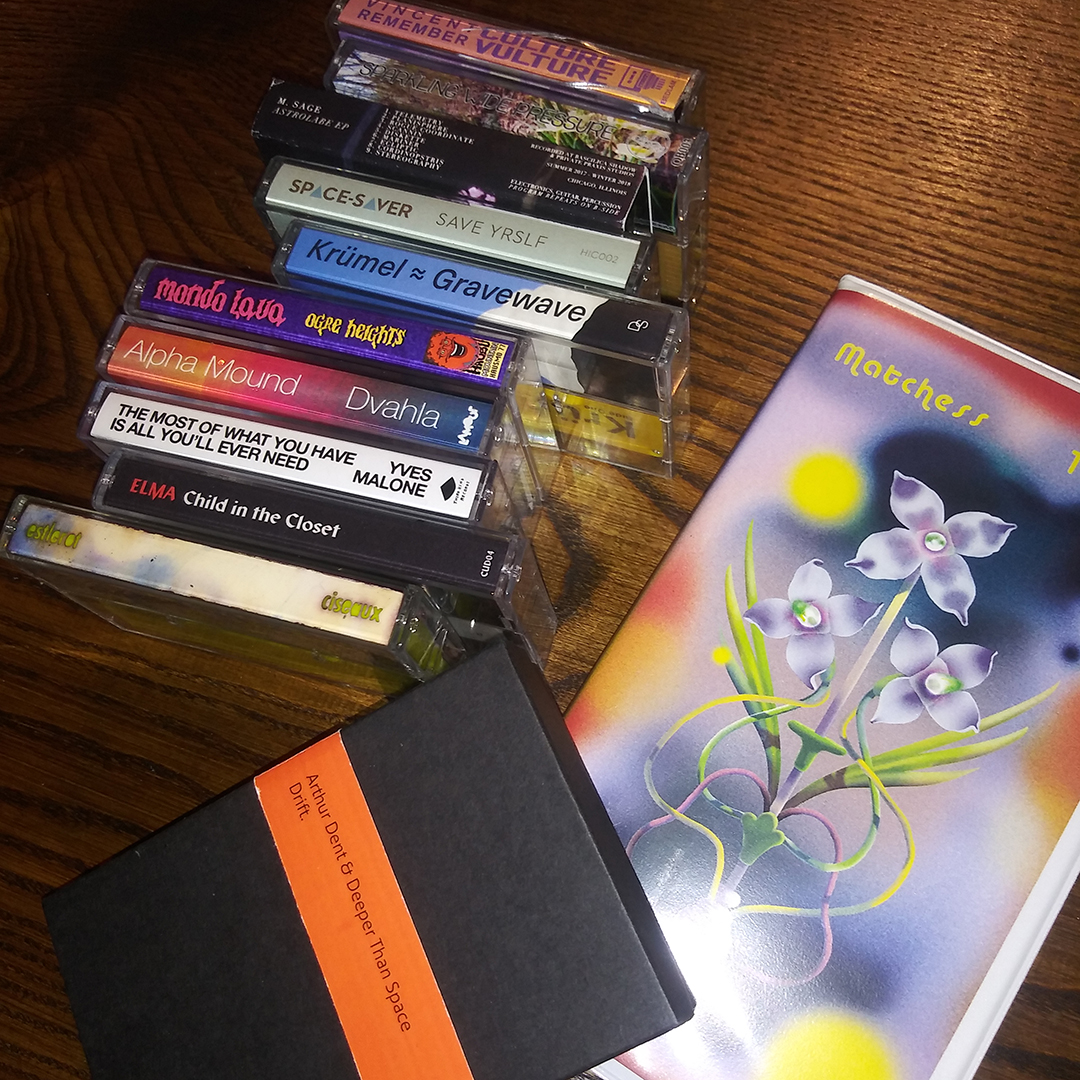12.13.21 by Matty McPherson
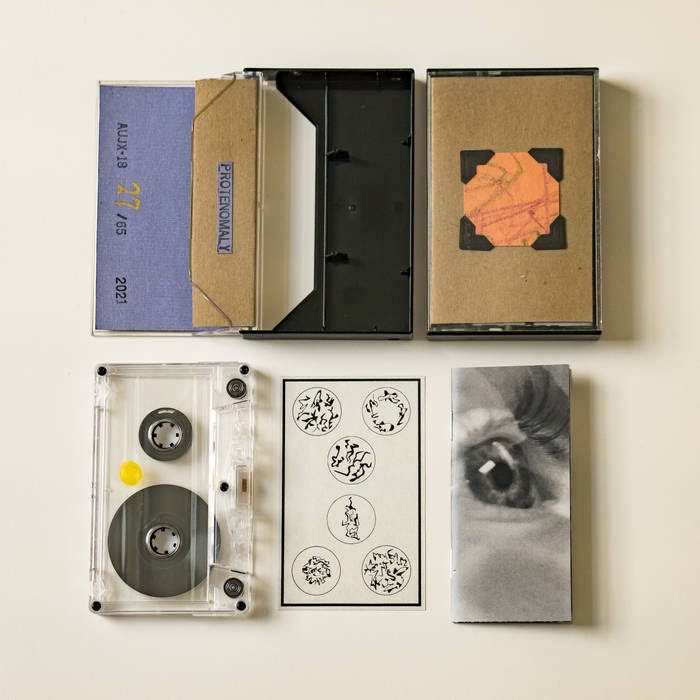
It’s been a moment since Tabs Out HQ checked in with Denver, CO-based Aubjects’ and their “short-run & home-made experimental recordings & ephemera.” Eagled-eared podcast listeners, as well as beagle-eyed readers may recall D. Petri and his penance for home-dubbing, upcycled tapes, with various trinkets and goodies ranging from “good boy rocks” to “xerox art booklets” (he’s also recently reengaged the Petriblog outpost, with boodles of cassette, tape label, and brainy people spotlights dating back to 2012) . Personally, I adore these kinds of “craft tapes” and the goodies when they manifest out of the giant tape review box I stick my hand in when I so dare to–there’s an alluring quality I have to sit and chew on; a past I’m just not privy to but am the product of. Also, it’s way more preferred to throwing the ferric oxide into the Tabs Out West Coast HQ furnace (a laborious task that does not reveal any prophecies or omens or even free Bandcamp codes; honestly it’s really just kinda wasteful).
Anyways, I digress. D. Petri’s Directives project is at the heart and soul of Aubjects and Protenomaly furthers what Directives entails beyond where 2017’s Usphutorontus Deius Nissesubla last left off. For starters, Petri has become enraptured with “novel anomalies,” which means sudden shifts in fidelity mixtures from track to track, hard-to-pin-down equipment transistors, amongst other manipulations. Over the course of side A, Petri (& Hillary Ulman) take these in stride, culminating in results that sound like those moments of sudden-whiplash shock Longmont Potion Castle upends a casual phone conversation with. The tape fizzles and straddles, prancing on a vision until it can’t be held and then moves up to another realm.
There is a method to this madness, or at least the track titles across both sides comprise one of a sort of roundabout sense. As a listener moves through the sheer morse-codian noise of “Lower Digestive Register”, the follow track “Upper Digestive Register” scales the noise into a droney yet vicious melody. It’s all short-lived though, when “Beyond Registration” pushes the noise to a textured character, allowing drums and bells, alongside bass, and even keys begin to find a sense of real harmony that “Above Beyond Registration” almost turns into a deconstructed technoise ditty. By this point though, Directives hits a transcendent plane with “Across Many Gulfs”, utilizing a harmonic sound (not too far from a guitar) that sounds like sine waves surfing and thrashing.
Side B makes up for less tracks with greater time dedicated to these zones, which ends up culminating in full-fleshed longforms. “Society Toothpick Diorama” could be a fancy way of relating the ways in which a dentist manages a drill, with noise pulses and outbursts moving in cyclical, focused patterns that recall such the labors of a root canal with decadent results. “Tangled Narratives” and “Slumping Into Progress” meanwhile materialize haywire, schizophrenic vestiges into the vaguest sensation of “noise pop”, but it’s not until Petri hits “Towards Fertile Grounds” that everything comes into focus–literally it’s a personal field recording; one that’s beyond a momentary relapse and more a full fledged place of solitude. Petri crafted most of these sounds over a span dating back five years ago, and coming down to end the tape with the crystal sounds of cicadas and other various ephemera offers a passage out of the Protenomaly, as much as a reflection to this era of novel anomalies. To new frontiers.
A visual rendition on youtube is also available for consideration.
Home-dubbed-in-real-time C60 in upcycled norelco cases w/ hand-cut / stamped / glued / numbered j card & insert utilizing personally significant 8-50 year-old upcycled papers + 16p b/w art booklet. Hand-numbered w/ elements hand stamped / glued & different square of antique construction paper w/ crayon markings by humans who were pre or grade school children at the time the markings were made (between 1975-1985; mine came with the letter b etched on it)! 66 copies produced in total.
Available at Aubjects Bandcamp Page

